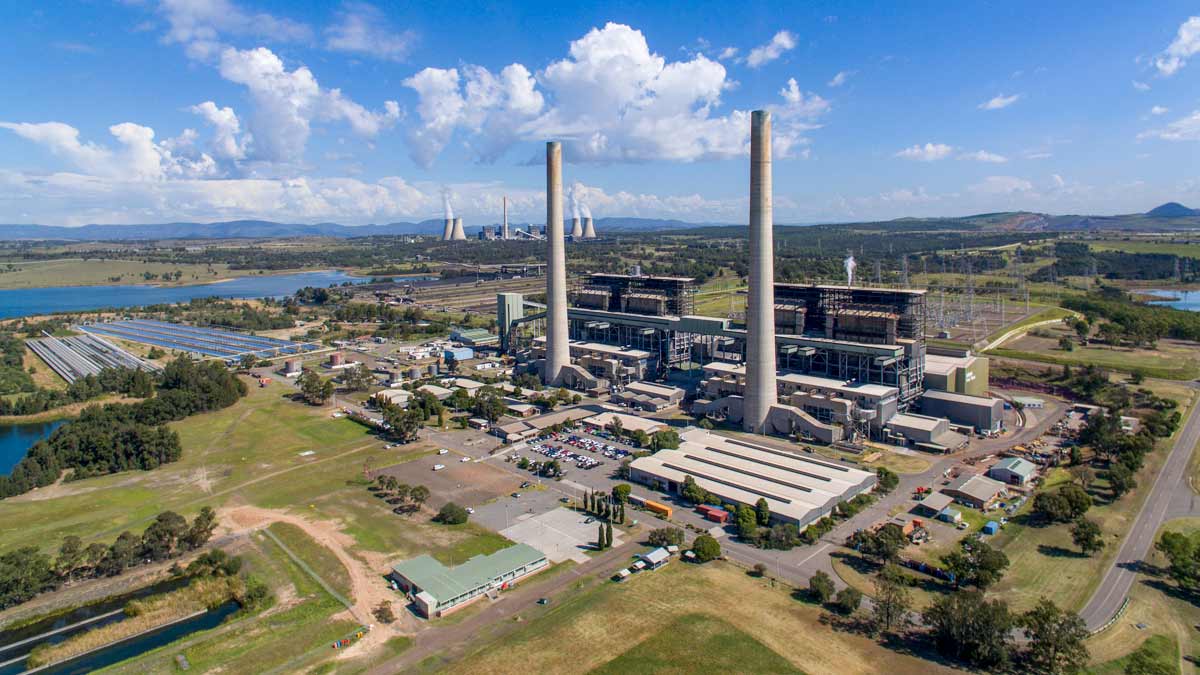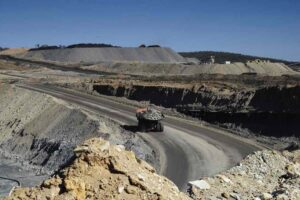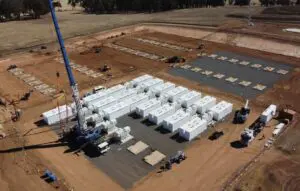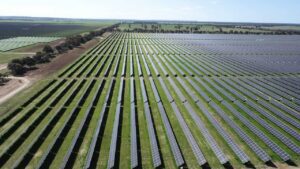AGL Energy insists it is moving as fast as it can to close its coal-fired power stations and shift to renewables, and says opposition to the company’s plans to split in two, headed up by software billionaire Mike Cannon-Brookes, is based on “false claims.”
CEO Graeme Hunt, speaking at the Macquarie Australia Conference in Sydney on Thursday, painted a sort of Tortoise-and-the-Hare picture of the battle over the demerger, where AGL is the slow but ultimately victorious tortoise, exiting coal in an “orderly and responsible” way.
“AGL is, and the two new companies post demerger, will continue to be a leader in decarbonising Australia’s energy market,” Hunt told the conference.
“We have announced earlier closure dates for Bayswater and Loy Yang A – however, these revised closure dates are not the end of the story.
“[We] will continue to challenge these closure dates and look to see how they can improve on this, should the system be able to accommodate this in an orderly and responsible way.”
AGL recently advanced its closure dates by a few years, but still has the Loy Yang A brown coal generator operating up to 2045. No one in the market believes this, on economic or environmental grounds, and the Australian Energy Market Operator’s new “step change” scenario, considered the most likely by most in the industry, has it closing by 2032.
That’s the timeline pushed for by software billionaire Cannon-Brookes, who this week made a $660 million market raid to try and stop the demerger into two companies: a renewables-focused retail outfit, AGL Australia; and a coal generation business, Accel Energy.
Cannon-Brookes argues that the de-merger makes no sense – not for the environment, not on economic grounds, not for the future of AGL’s employees, and not for its ability to obtain finance in a carbon conscious world.
“I’m just sick of them fucking it up,” he told RenewEconomy in an interview on Tuesday. “The first thing to do is to make sure the demerger doesn’t happen because it’s going to create smaller, weaker entities that are unable to get financing, etc, to manage that transition.”
AGL’s has board answered the attack with a steadfast resolve to continue as planned, and with the announcement of Global Infrastructure Partners as a 49 per cent equity partner in the Energy Transition Investment Partnership (ETIP) of the coal business, Accel.
On Thursday, Hunt told the Macquarie conference that while he wished to focus on updating shareholders and the market on the business and the demerger, it would be “rather odd” not to address the latest salvo from Grok Ventures, Cannon-Brookes’ investment vehicle.
“Over the course of the next six or so weeks, our shareholders will be reviewing the Scheme Booklet and making their own informed decision about how they will want to vote on the demerger,” he said.
“In doing so, I hope they focus on the facts.”
Hunt went on to counter what he described as the “false claims” being made by Grok Ventures about AGL, in justification of the position it has taken on the proposed demerger.
“AGL’s renewable and battery portfolio of more than 2,350 megawatts is the largest of any ASX listed company, and we developed this over the last two decades by investing over 4.8 billion dollars – with much of this as the foundational elements of what is now the Australian renewable sector,” he said.
“As we have invested in these new technologies, we have also continued to supply some of the lowest cost generation in the grid so that system stability, affordability and reliability are not unnecessarily jeopardised.
“And our proposed demerger will allow us to continue to focus on both the continued transition and the reliable and affordable supply of energy to transition.
“We have done all this while still challenging ourselves to go faster when it comes to transition, recently announcing new coal closure dates that will see an additional emissions reduction of 90 million tonnes against our previously announced closure dates.” Hunt said.
He insisted that both Loy Yang A and Bayswater remained the lowest cost coal generators of their types, which suggests that they think that, at the very least, they will be the last coal generators standing in their respective states.
Last month, the 530MW unit 2 of the Loy Yang A power station was taken offline due to a generator fault – the second extended outage at the unit within the last three years.
In a statement to the ASX on Monday, AGL says the outage had been triggered by a failure of the unit’s generator rotor insulation. The electrical fault should be repairable, and restart possible at the the beginning of August.
AGL Energy says the outages will cost the company an estimated $73 million.










